The Sword and the Sherrin
The Sword and the Sherrin 6 members have voted
-
1. What would be your level of interest in 'The Sword and the Sherrin' book described in the post below?
-
Sounds like a must have!1
-
Would be curious and might buy once I've had a better look.4
-
Not for me, but possibly a gift for that uncle who rants about sport and history all the time.1
-
I'm not really interested.0
-
I'd rather read Mark Neeld's guide to crisis management.0
-
Please sign in or register to vote in this poll.




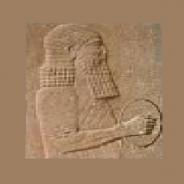
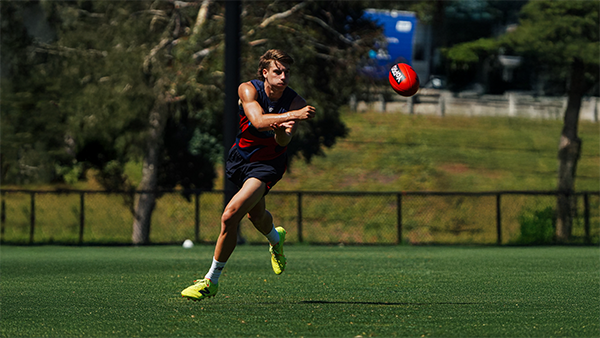

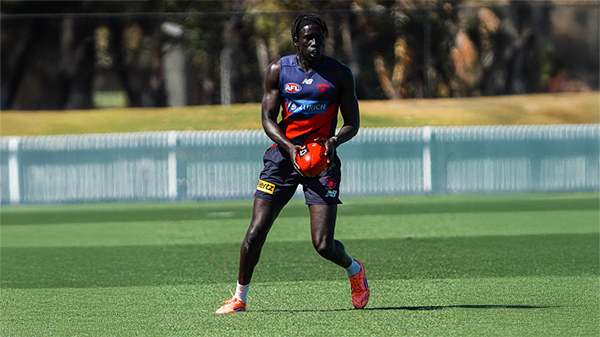
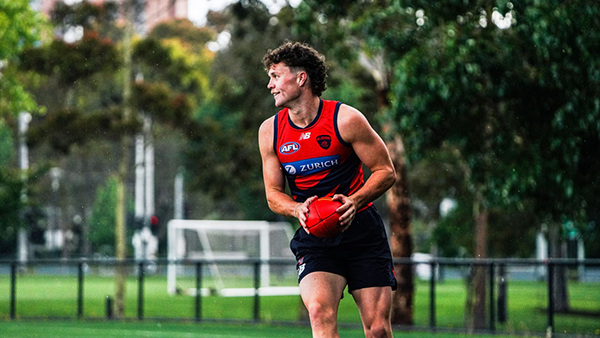
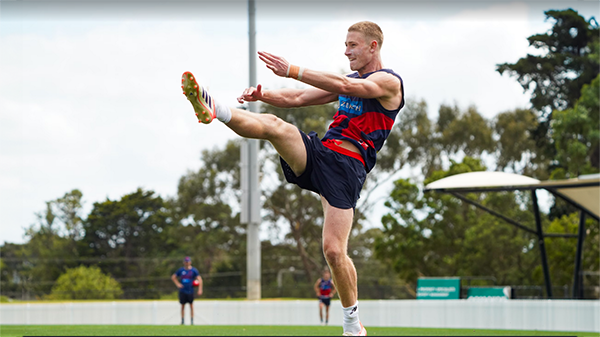
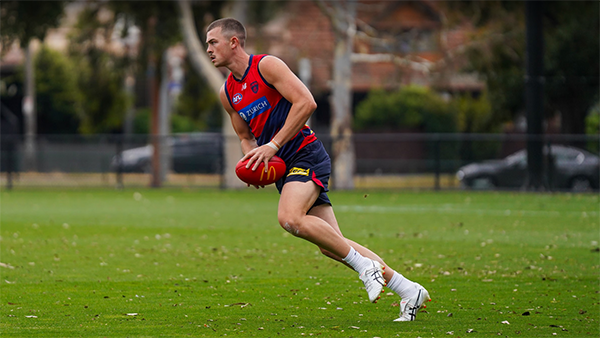
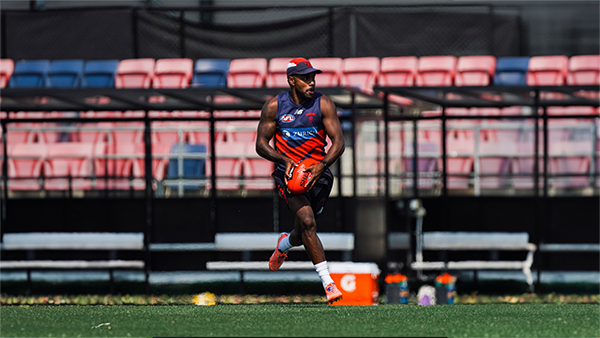


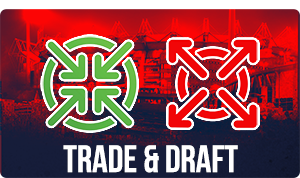



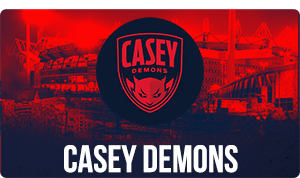
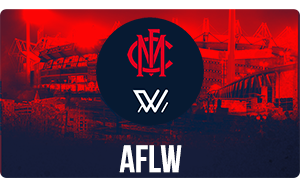




Join the conversation
You can post now and register later. If you have an account, sign in now to post with your account.